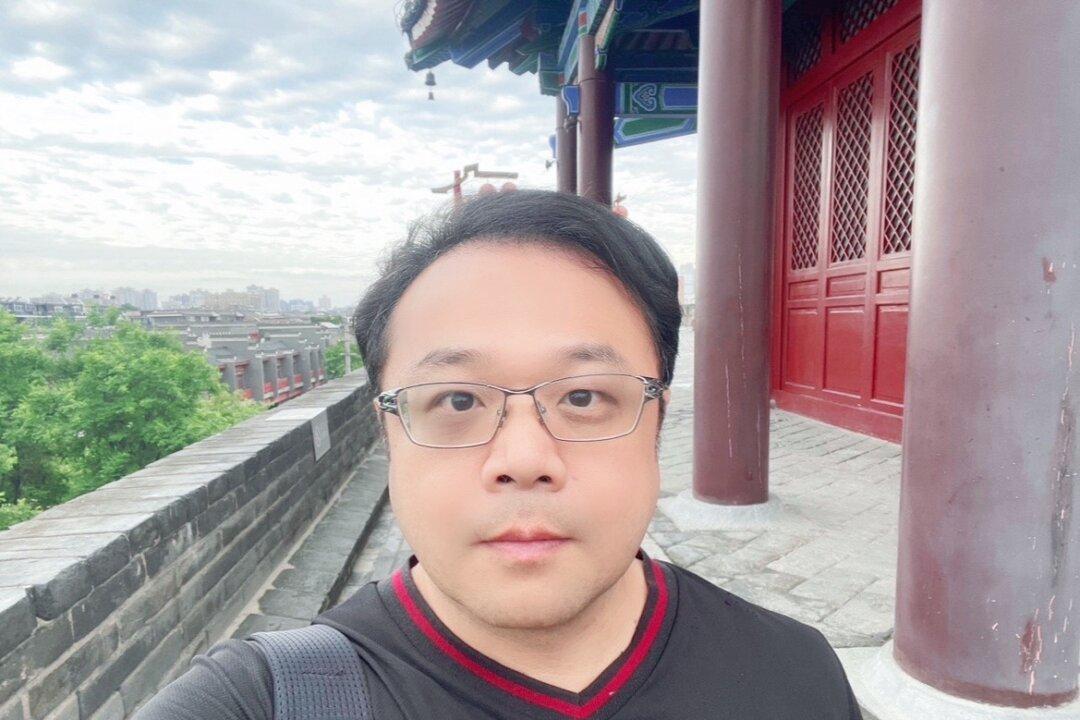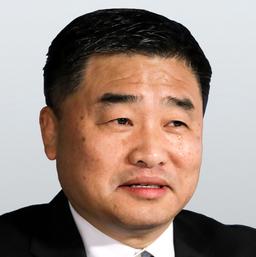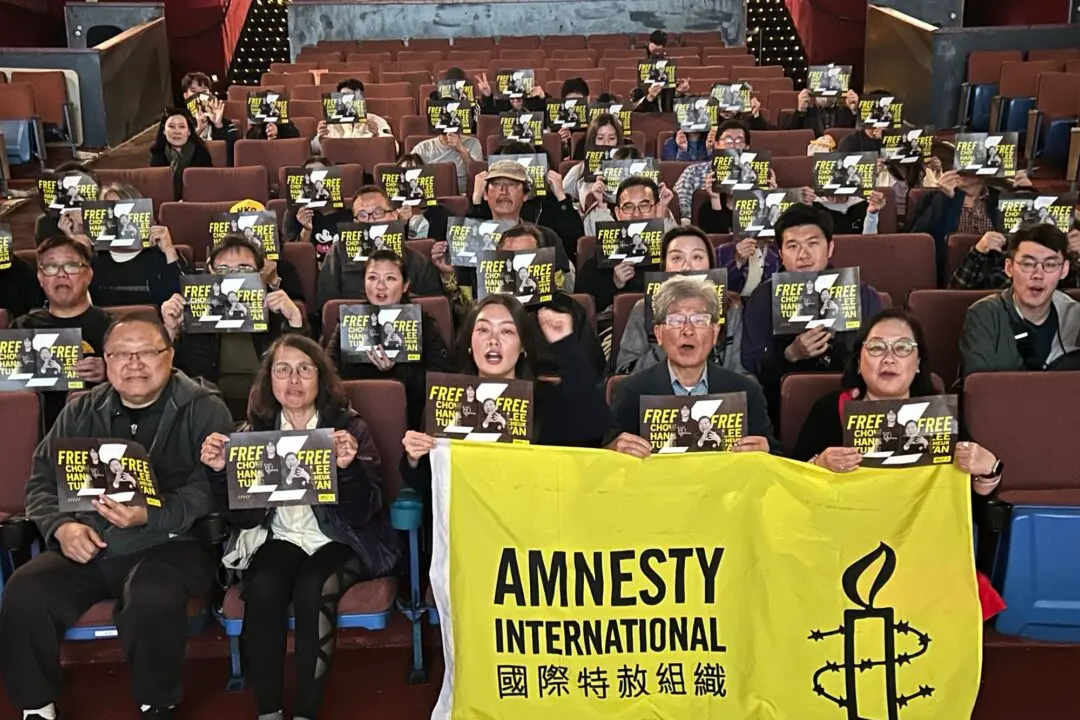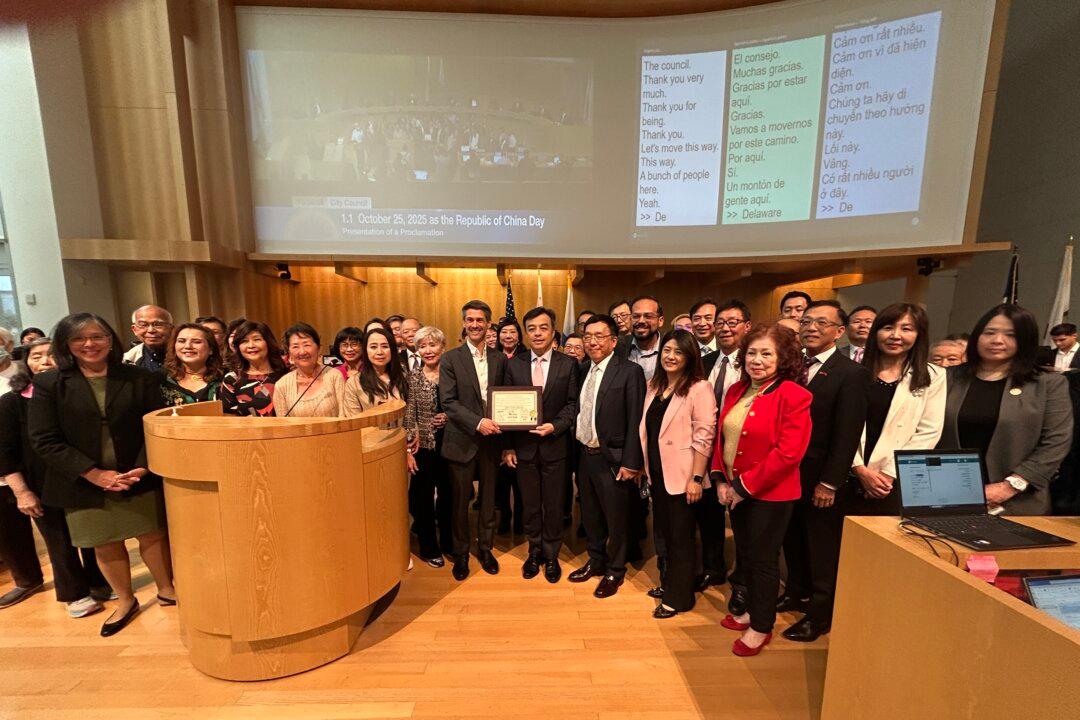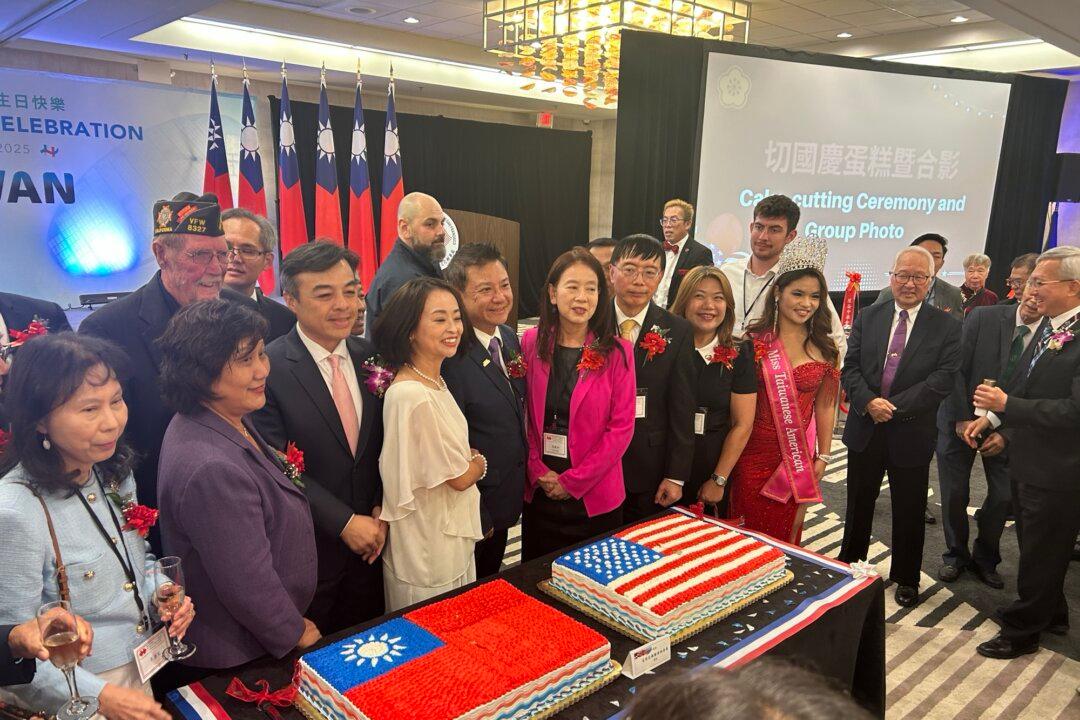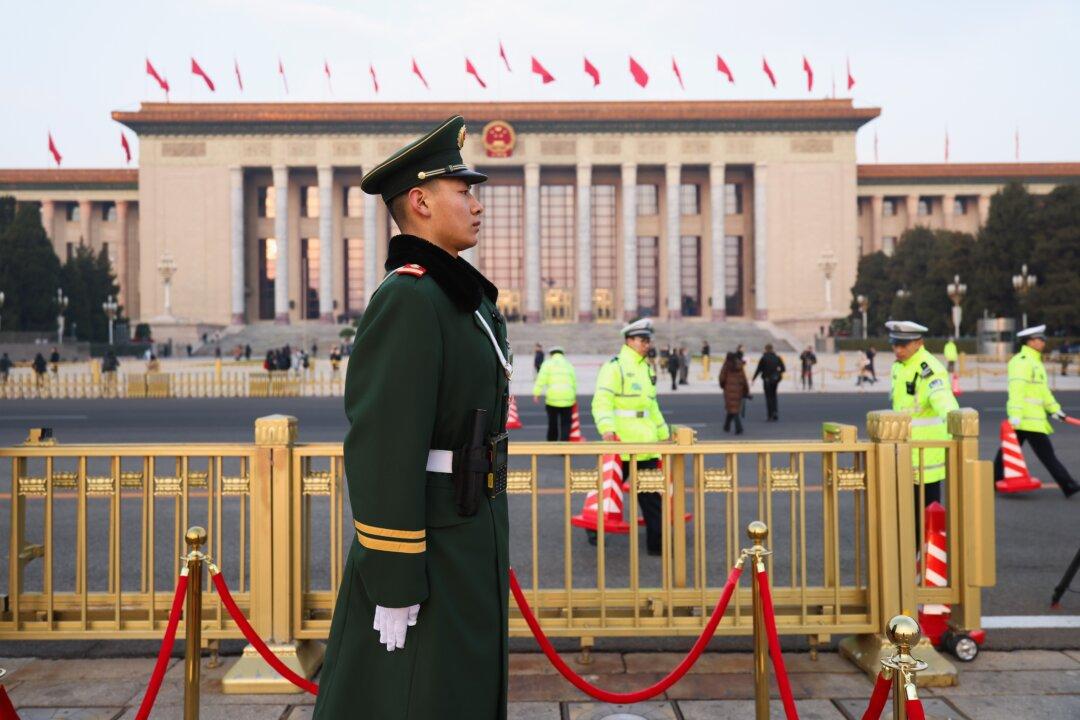Morrison Li, a Taiwanese citizen who was jailed by the Chinese Communist Party (CCP), has urged U.S. President-elect Donald Trump to use tariffs to pressure the CCP into improving human rights in China.
Trump, during his presidential campaign, said he intends to impose up to 60 percent tariffs on imports from China.
